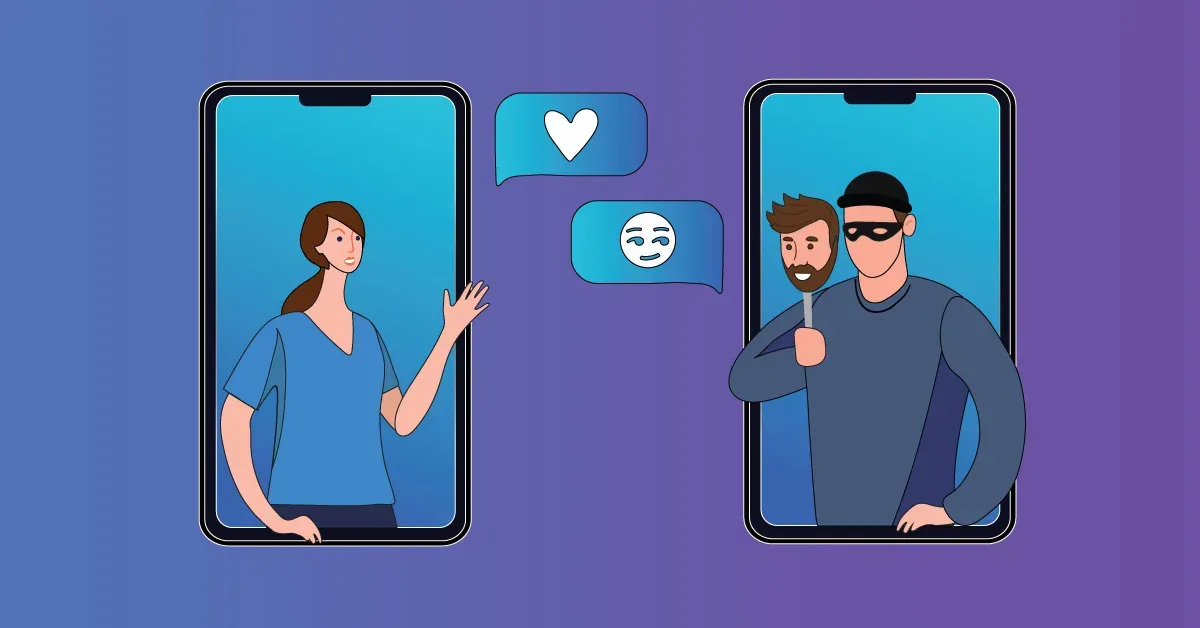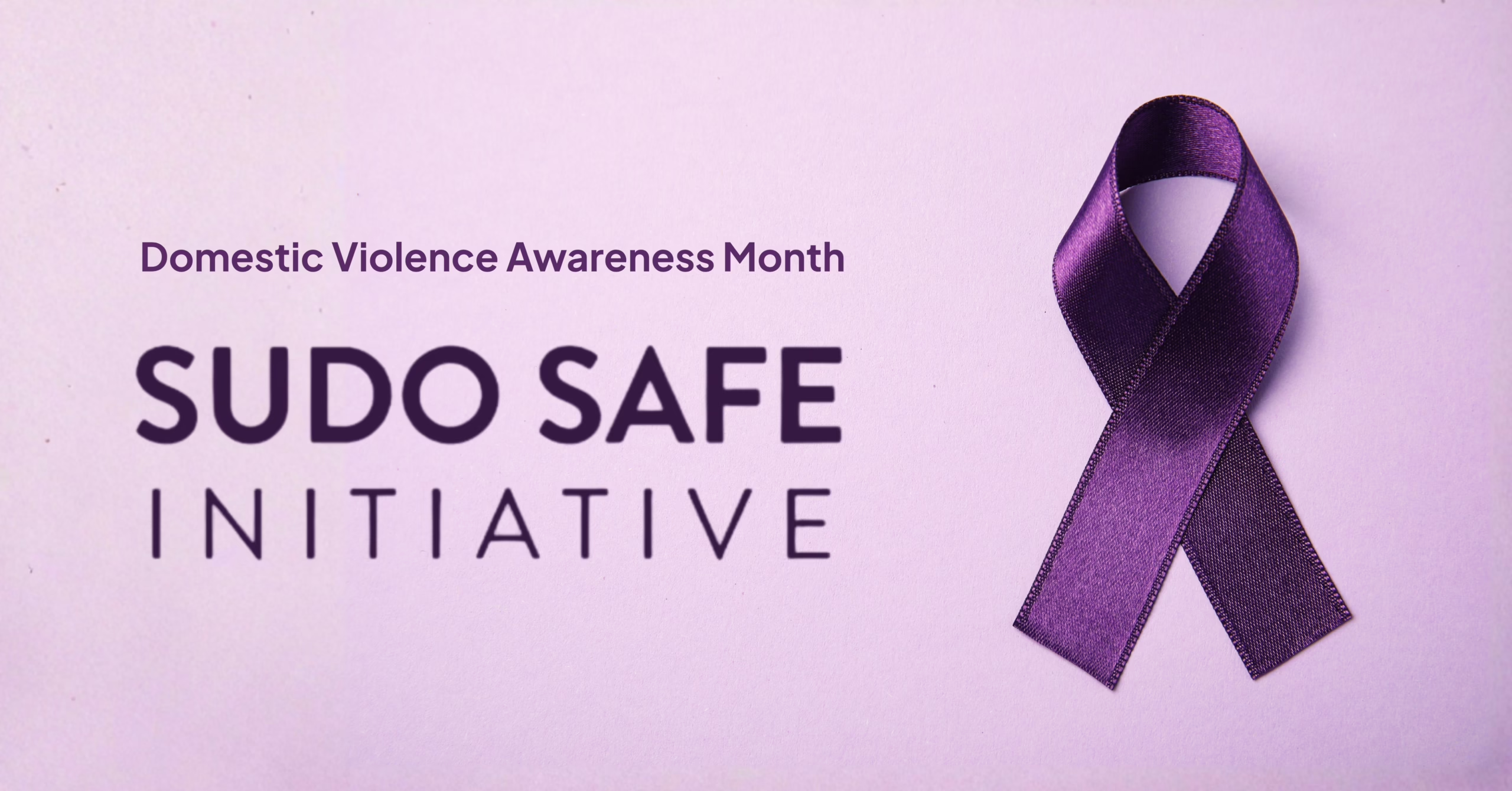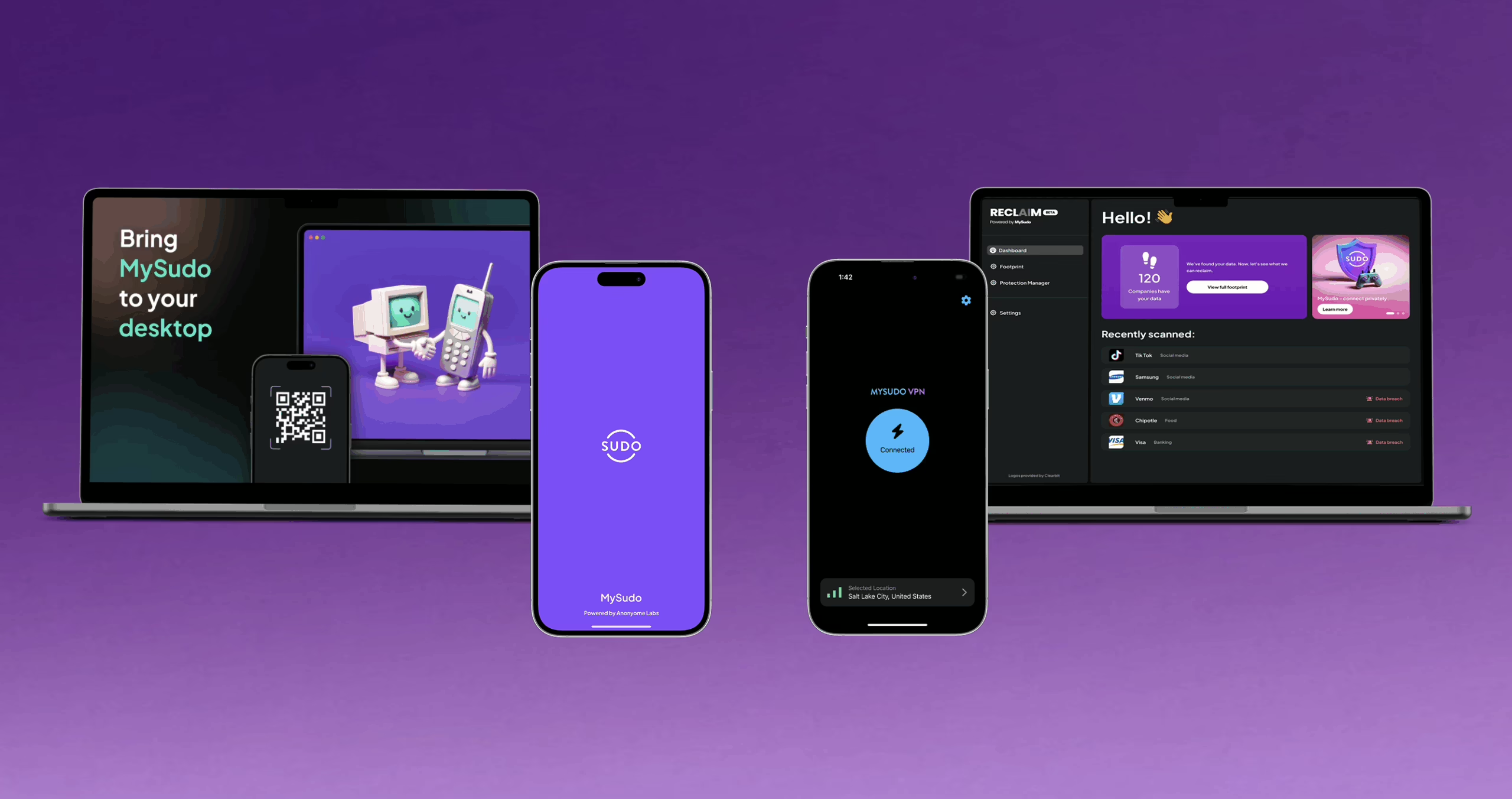First, some quick stats:
- Over 323 million people use dating apps worldwide.
- Over 40% of US relationships start on dating apps.
- Tinder is the most downloaded dating app worldwide, with over 7.86 million users in the US alone.
- The global dating app market made $5.61 billion in 2021.
That’s a whole lot of love right there—but we all know dating apps have a seedier side.
Some more quick stats:
- Nearly 75 per cent of people on dating apps have experienced online sexual violence, according to a widely reported Australian study.
- In 2019 the FBI warned about romance scams after a 70% increase in fraud via dating apps.
- Murders, blackmail, sexual violence, harassment, identity theft, stalking, digital dating abuse, catfishing, money laundering and muling, and other scams have all been linked to dating apps.
Worried? You’ll want to listen to ep. 13 of our Privacy Files podcast all about online dating. Privacy Files lifts the lid on everyday activities that pose a privacy risk. Online dating is a perfect “case file.”
Privacy Files co-host Rich puts it bluntly: “Dating apps are a privacy nightmare. Where is all that data going?”
Think about it: Back in the old days of eHarmony, for instance, new users would start with a form that would take about 90 minutes to complete. The form asked for everything from name, age, date of birth and political views to hobbies and interests and much more, all in the hope of finding the “perfect match.”
These days, registering on a dating app is quicker, but they still want a raft of personal information such as name, city, date of birth, marital status, gender, pets, children, and your answers to “personality quizzes.”
Apart from the fact the apps are storing and using (selling?) that personal information, guest co-host on the podcast, Chad, points out: “Someone could easily screenshot your profile and easily find you.”
Clearly, dating apps are a full of traps, but there’s plenty of expert advice for staying safe:
The FBI says:
- Be careful what you post and make public online. Scammers can use details shared on social media and dating sites to better understand and target you.
- Research the person’s photo and profile using online searches to see whether the image, name, or details have been used elsewhere.
- Go slowly and ask lots of questions.
- Beware if the individual seems too perfect or quickly asks you to leave a dating service or social media site to communicate directly.
- Beware if the individual attempts to isolate you from friends and family or requests inappropriate photos or financial information that could later be used to extort you.
- Beware if the individual promises to meet in person but then always comes up with an excuse why he or she can’t. If you haven’t met the person after a few months, for whatever reason, you have good reason to be suspicious.
- Never send money to anyone you have only communicated with online or by phone.
Verywell Mind has this advice:
- Review the safety features of your chosen dating app.
- Check out the reporting and blocking features on the app.
- Determine the level of visibility the app provides.
- Avoid sites and apps that allow messaging prior to matching.
- Pay attention to the geography settings.
- Look for free trials and free versions so you don’t have to commit right away.
- Reconsider apps that link to social media (we’d say NEVER link your dating profile to your social media accounts!).
- Use a unique photo (not your standard social media one).
- Leave out all personal details when you compile your profile.
- Stay inside the app.
- Set up a separate phone number (we’d say use MySudo – more on that later).
- Take precautions when meeting IRL.
We’d add:
- Look for poor quality photos or overly photoshopped photos. They’re red flags you’ve swiped right on a scammer.
- Beware people who say they are too busy to connect.
- Trust your gut – stay grounded until you’ve met.
- Try reverse searching their images using Google to make sure it’s not a common picture they just stole off the net.
- Assume it’s a catfish until proven otherwise.
- File a police report if they ask for money.
- Block them and stop responding if you’re concerned.
Another great piece of advice is to use MySudo.
As the world’s only all-in-one privacy app, MySudo gives you secure alternative phone numbers and email addresses that you can use instead of your personal ones. MySudo phone and email let you keep a potential partner at arm’s length until you’re satisfied they’re safe.
Sudo phone numbers are easy to mute or delete if things turn sour. For example, you’d give first connections your Sudo phone number or email and mute or block them in the app if you don’t want to continue. If you do want to continue, invite the person to use MySudo and together you can chat privately and securely until you feel secure enough to meet.
MySudo is also great for going “old school” and asking a family member or friend to set you up. But invite them to MySudo first so your chat is private.
Listen to Privacy Files ep. 13 for some great perspectives on staying safe when you date.
The FBI says: If you suspect an online relationship is a scam, stop all contact immediately. If you are the victim of a romance scam, file a complaint with the FBI’s Internet Crime Complaint Center (IC3).
Read What to Know About Romance Scams from the Federal Trade Commission. The FTC says: If you paid a romance scammer with a gift card, wire transfer, credit or debit card, or cryptocurrency, contact the company or your bank right away. Tell them you paid a scammer and ask them to refund your money.
If you think it’s a scam, report it to the FTC at ReportFraud.ftc.gov. Notify the social networking site or app where you met the scammer, too.
Stay safe.



